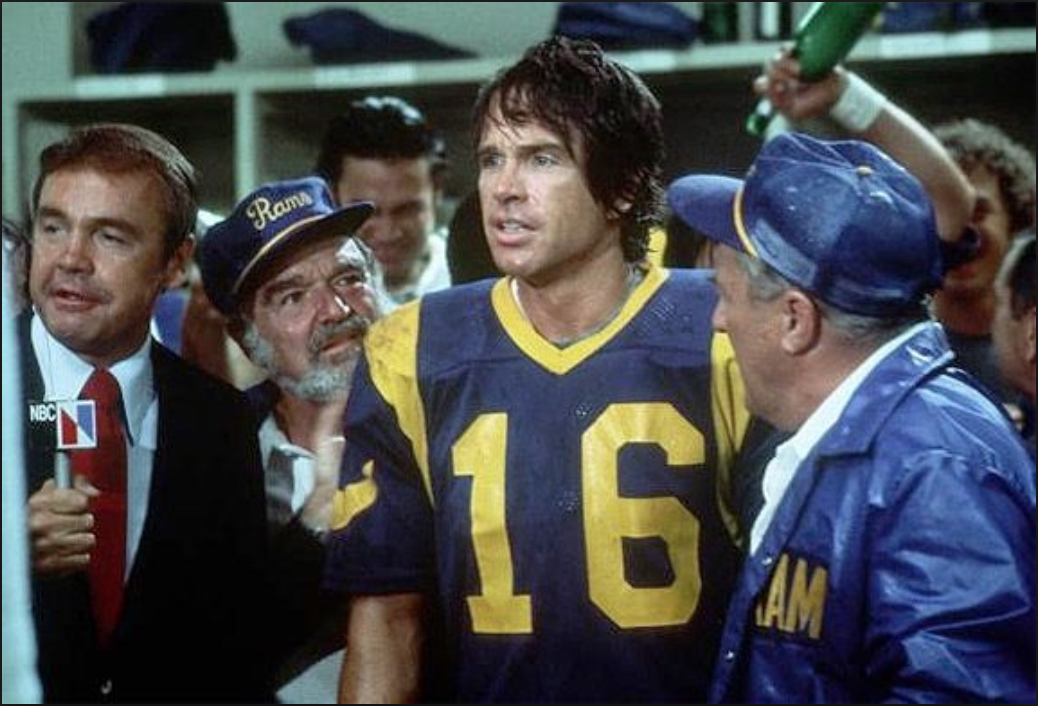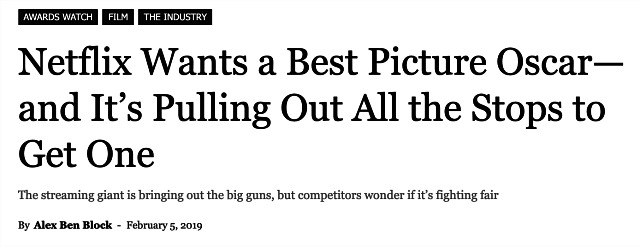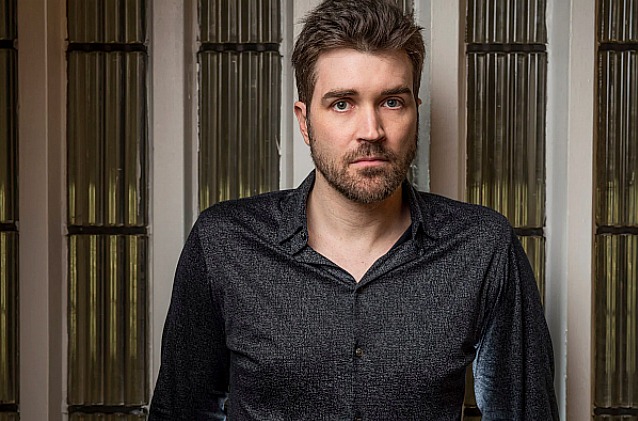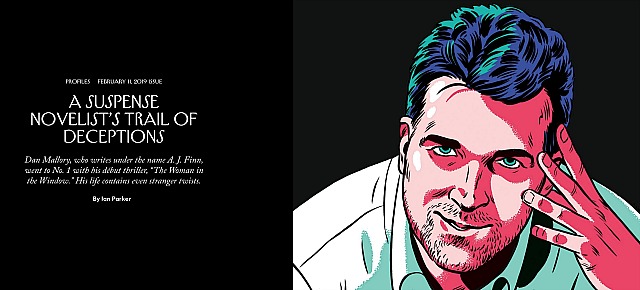It was just over a year ago when Woody Allen offered his most recent denial of Dylan Farrow‘s accusation of his having allegedly molested her in August 1992. I seem to recall his also asserting, sometime within the last year or two, that he wouldn’t be denying the charge again, as all the evidence is behind him and that the #MeToo community will never consider the facts of the case even-handedly so what’s the point?
Well, that particular posture has been left at the wayside. Around 9 am this morning it was reported that Allen has filed a $68 million suit against Amazon Studios, alleging that the distributor has backed out of a four-picture deal due to “a 25-year-old, baseless allegation.” In fact Dylan’s charge was first aired a day or two after the alleged incident took place on 8.4.92, which was 26 and 1/2 years ago.
Allen is alleging that Amazon has refused to release A Rainy Day in New York, “though it has been complete for more than six months.” The suit states that Amazon “has given only vague reasons for dropping the project, and for reneging on a promise to produce three other movies.”
We all know why Amazon is reneging on the Allen deal. It’s because they’re terrified of angering the #MeToo community, and the facts and history of the Dylan Farrow investigation be damned.
Lawsuit excerpt: “Amazon has tried to excuse its action by referencing a 25-year-old, baseless allegation against Mr. Allen, but that allegation was already well known to Amazon (and the public) before Amazon entered into four separate deals with Mr. Allen — and, in any event it does not provide a basis for Amazon to terminate the contract. There simply was no legitimate ground for Amazon to renege on its promises.”
Indeed, there is no evidence to support Dylan’s claim. But there’s a fair amount of evidence and ample indications that an enraged Mia Farrow made it all up to “get” Woody during an early ’90s custody battle, and as part of this determination coached Dylan to make the claims that she did. I happen to personally believe this scenario. There’s simply no rational, even-handed way to side with the “I believe Dylan Farrow” camp.
If after reading Moses Farrow’s 5.23.18 essay (“A Son Speaks Out“) as well as Robert Weide’s “Q & A with Dylan Farrow” (12.13.17) and Daphne Merkin’s 9.16.18 Soon-Yi Previn interview…if after reading these personal testimonies along with the Wikipedia summary of the case you’re still an unmitigated Dylan ally…if you haven’t at least concluded there’s a highly significant amount of ambiguity and uncertainty in this whole mishegoss, then I don’t know what to say to you. There’s probably nothing that can be said to you.
Amazon will almost certainly settle this case out of court, as there is virtually no evidence to support Allen’s alleged guilt in the Dylan Farrow matter, and therefore any reluctance on Amazon’s part to fulfill the Allen deal. In the unlikely event that they decide to argue the case in court, the proceedings will be an absolute humdinger with every last scintilla of evidence regarding the original 1992 allegation examined and cross-examined ad infinitum. But who believes this will happen?
Read more



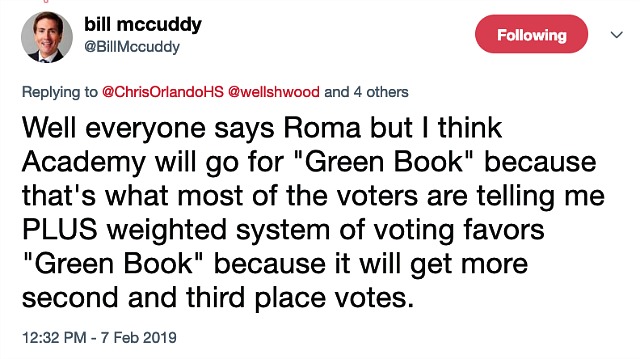
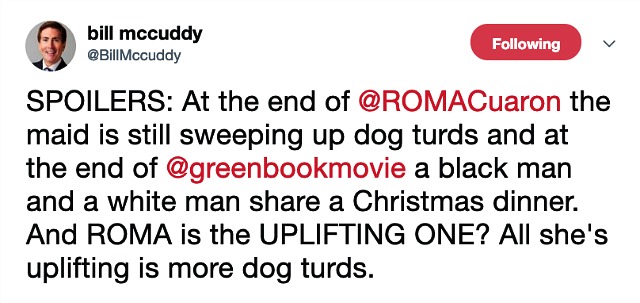
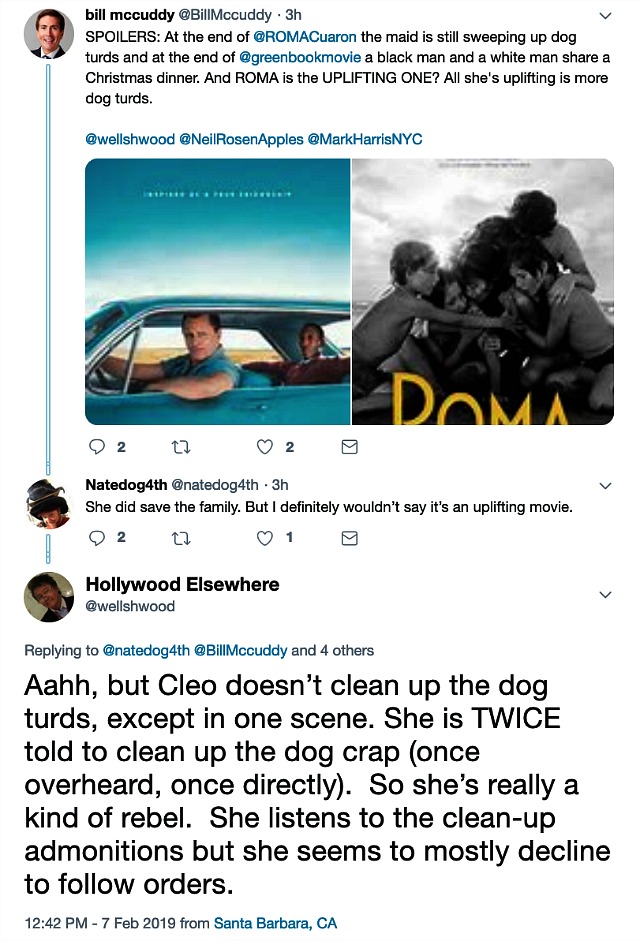
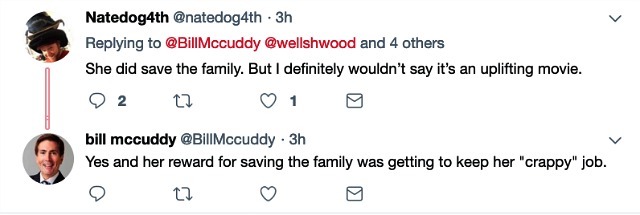
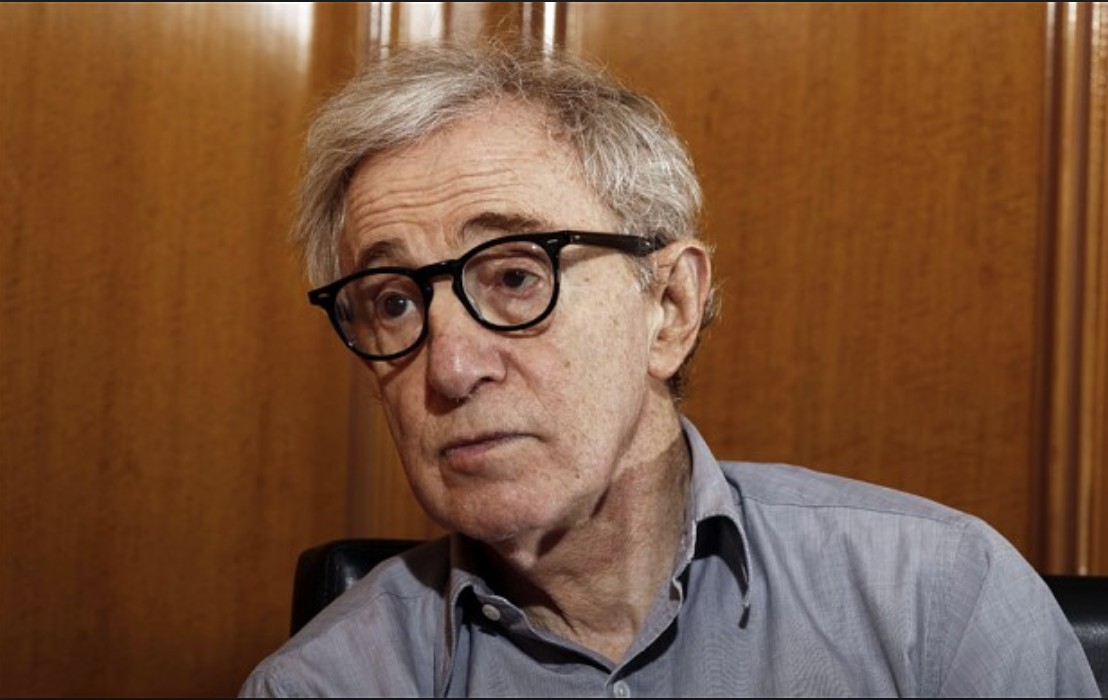
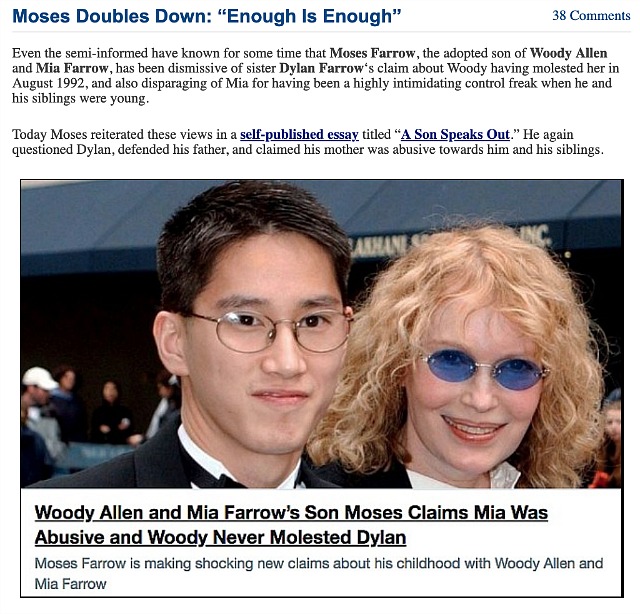
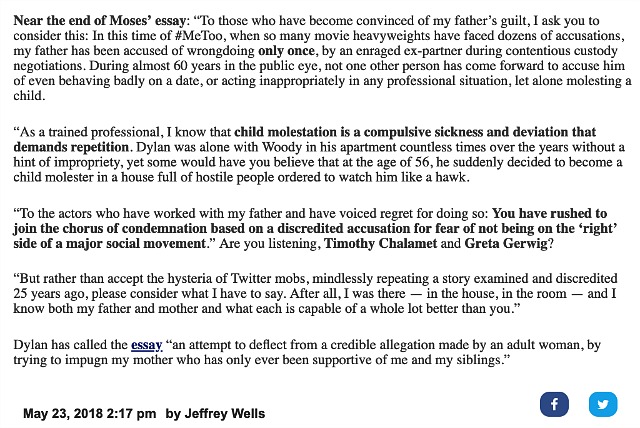
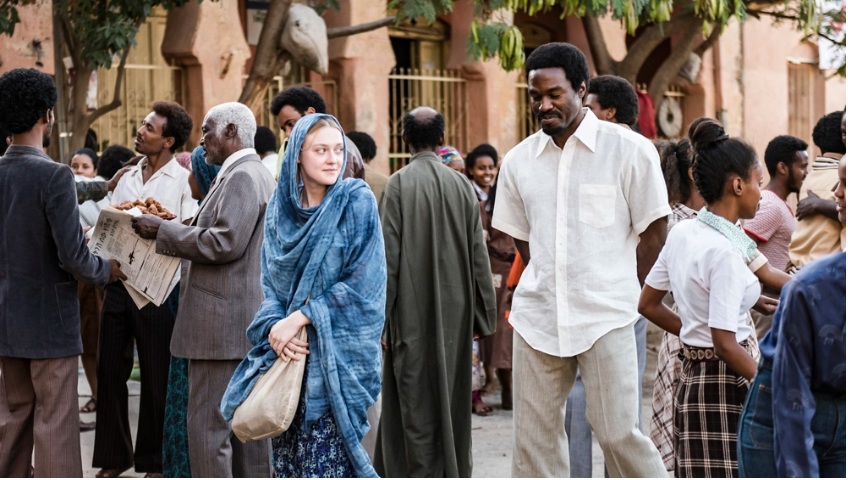 “
“